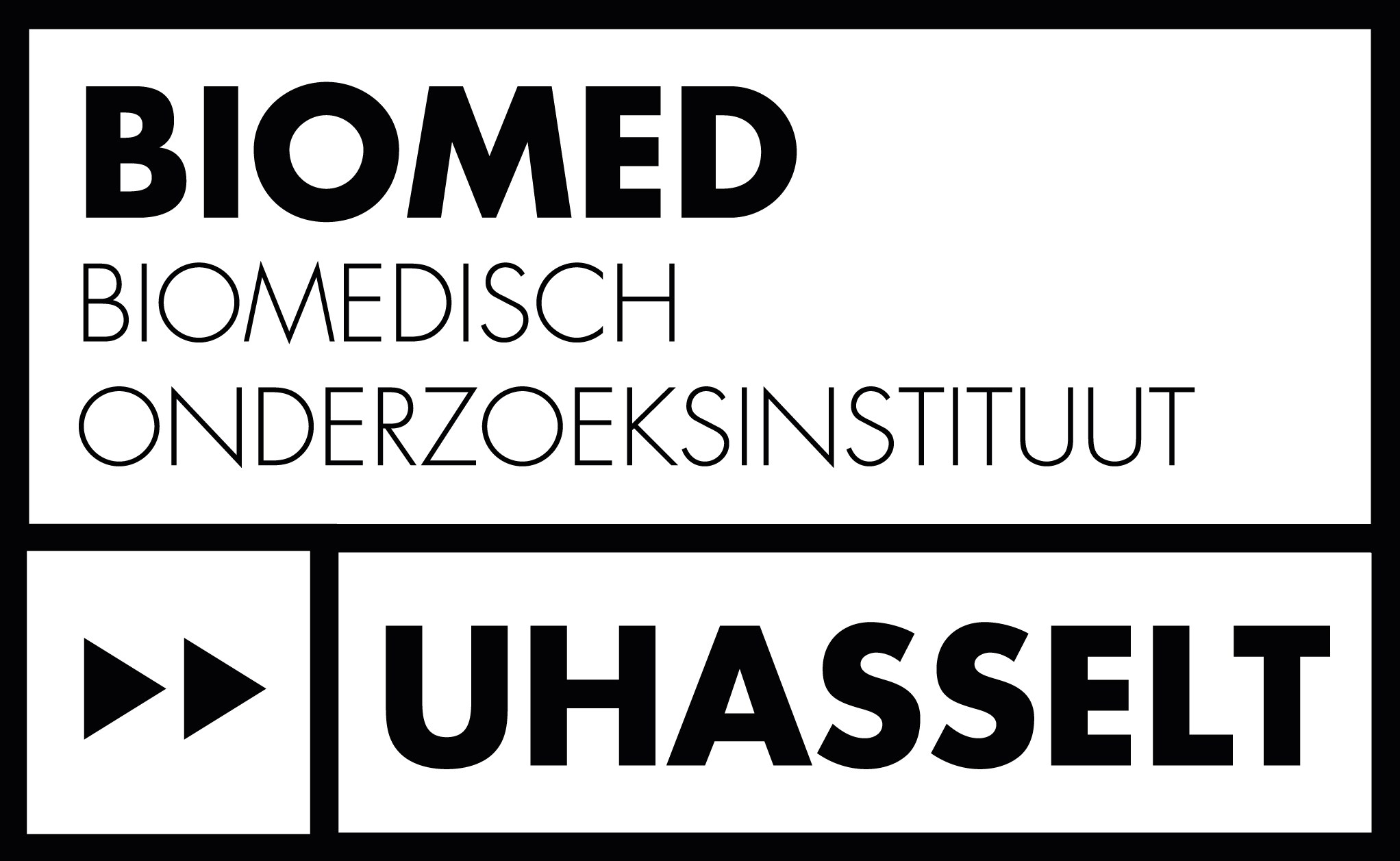MS DataConnect (and medEmotion)



Summary:
Multiple Sclerosis (MS) is a progressive demyelinating and degenerative immune-mediated disorder of the central nervous system with symptoms depending on the disease type and the site of lesions. The disease course is unpredictable and heterogeneous. Not only physical (e.g. visual and cognitive function), but psychological and social aspects as well are affected in patients with MS. Therefore, MS should be featured by an individualized and intense clinical follow-up and multidisciplinary treatment. Because of the variability of the disease, an extensive amount of real-world data (RWD), collected in a multidisciplinary approach, is required to reach insights on a personalized level, which could result in an improved and personalized care program for patients with MS.
We aim to transform the mostly population-based management of MS of today into an individualized, personalized and precision level management. We believe the key to achieve this next level of MS management is “F.A.I.R.” data. F.A.I.R. stands for Findable, Accessible, Interoperable and Re-usable. Currently, data is used rather superficially whereas we assume many new insights are to be discovered using the data that is already there. We believe that data saves lives, and therefore we must get the most out of it by improving the data management locally at the Noorderhart - Rehabilitation and MS Center (RMSC) and connect data from different sources in order that it can become available for research.
The aim of this project is to build a user-friendly IT independent multidisciplinary data infrastructure for multiple sclerosis combining clinical, paraclinical, functional and patient-reported outcome measures.
MS DataConnect was used as a use case in the “medEmotion” project. The ultimate goal of the medEmotion project is to create a data integration platform that accelerates the process of creating integrated databases and enables the reuse of these integrated databases within the context of both healthcare and research. Integrated databases are defined as databases created by connecting and integrating multiple (at least two, but usually more) parallel databases. It aims to facilitate the current and future partner hospitals in their transition towards more continuous and integrated care, unburdening them from the vast logistics of remote patient monitoring. Key activities of medEmotion will be acquisition, visualisation and monitoring of relevant health data, as well as the whole sequence of technical and . All this in close collaboration with the supervising healthcare providers in the hospital, who then can focus on their core expertise and responsibilities. Complementary with improving care journeys and outcomes, we aim to use the infrastructure and set-up for facilitating scientific and clinical research. First of its kind, this pioneering project will contribute to the digital health innovation reputation of the region and attract talented researchers and entrepreneurs.
Role of UHasselt:
Together with Cegeka the medEmotion IT platform was developed and implemented based on demonstrators we provided to them in which mock data was used:
- Data ingestion of hospital IT-infrastructures utilizing HL7 FHIR
- Data ingestion from wearable devices to generate patient reported outcome measurements
- Orchestration of complex end-to-end pipelines including pre-processing, data integration and modelling
- Private Secure Research Environments for “expert data scientists” with support for different coding languages and software packages
- Private Secure Research Environments for “laymen (bio)medical researchers” with detailed onboarding documentation
- A connection to high-performance computing resource of the Vlaams Supercomputer Centrum
- Mapping data to the OMOP common data format and allowing the use of open source OHDSI tooling
- Visualization dashboard of integrated multiple sclerosis datasets to support a multidisciplinary care path
- Visualization dashboard of integrated cardiology datasets to support a remote clinical monitoring center
A report about MS DataConnect summarizing the status of the initiative as it was in 2021 and outlining the stakeholder expectations for the future strategy of the MS DataConnect Initiative can be found here.
Partners involved: UHasselt, Noorderhart
